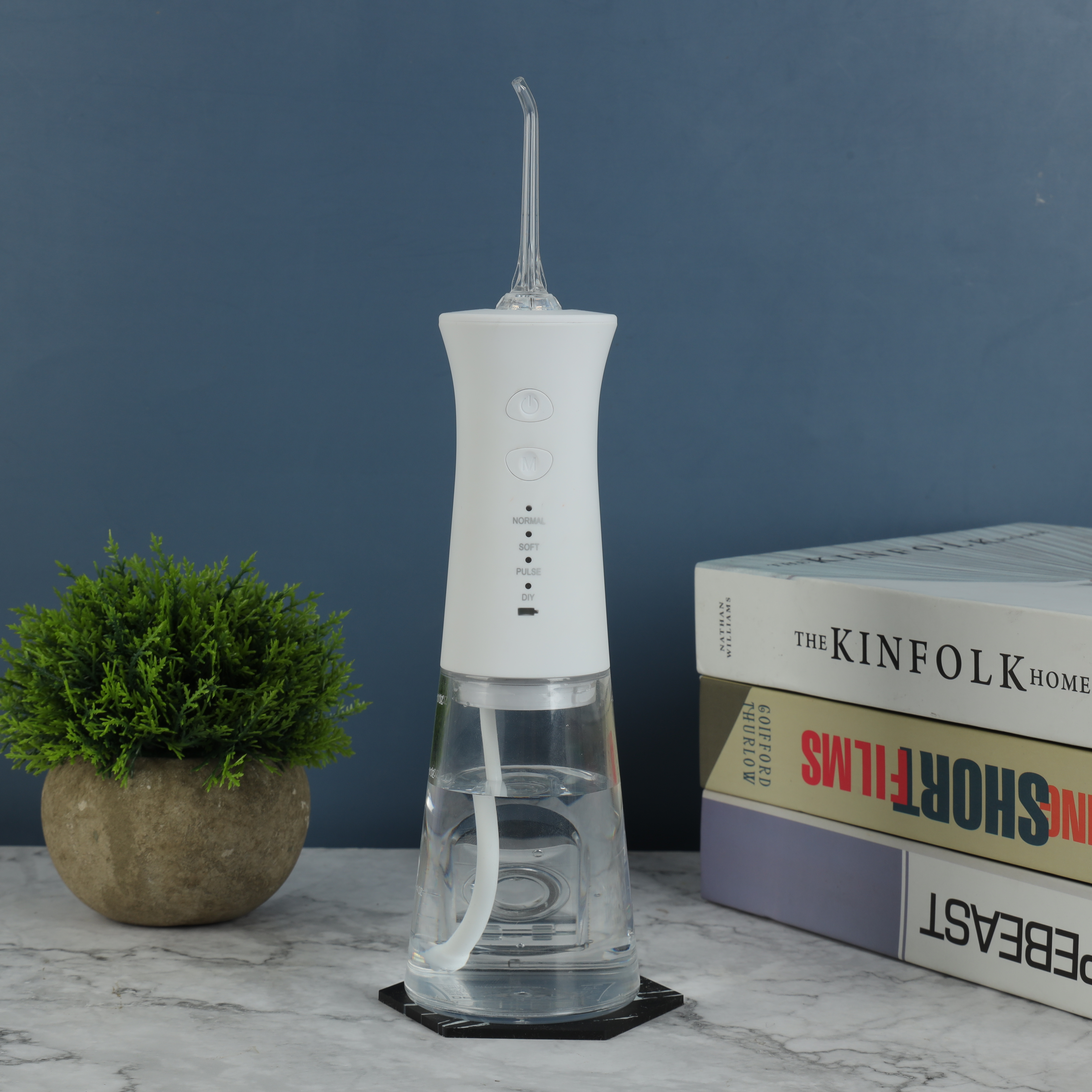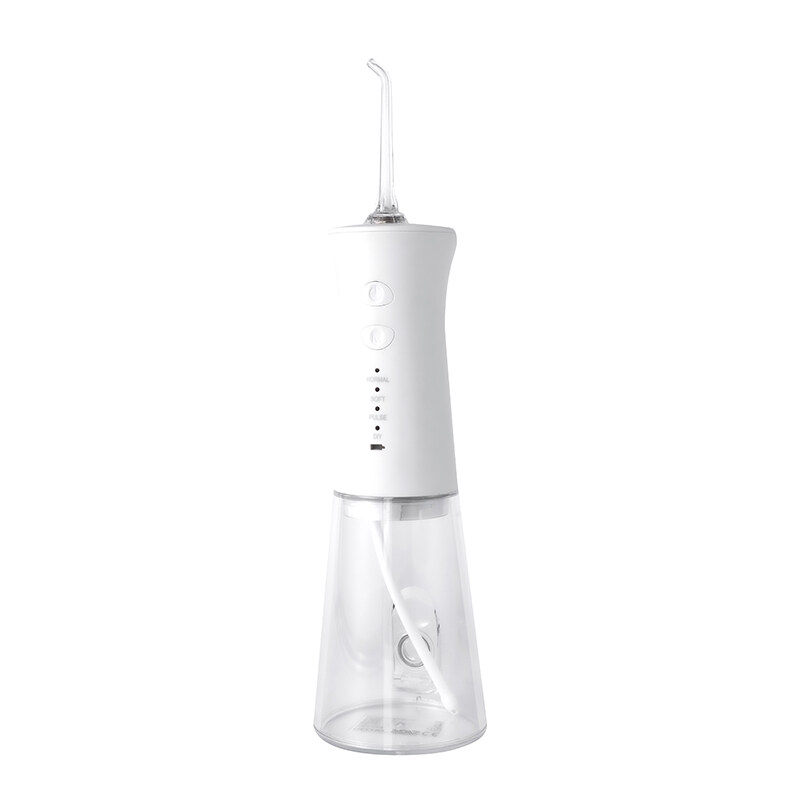Errore nel formato dell'e-mail
emailCannotEmpty
emailDoesExist
pwdLetterLimtTip
inconsistentPwd
pwdLetterLimtTip
inconsistentPwd

Notizia

Shall I invest in a water flosser or an oral irrigator?
Water flosser and oral irrigator
In general, the terms "water flosser" and "oral irrigator" are used interchangeably to refer to devices that use a stream of water to clean between teeth and along the gumline. However, some manufacturers may use one term or the other to describe their particular product.
In terms of functionality, both water flossers and oral irrigators are designed to remove food particles and plaque from hard-to-reach areas in the mouth. They can be particularly helpful for people with braces, implants, or other dental work that makes flossing difficult.
You can find water flossers and oral irrigators from a professional electric oral irrigator factory, which is experienced in oral hygiene products.
Difference between electric oral irrigators and water flossers
The main difference is the type of water delivery system they use. A water flosser typically uses a pulsating stream of water to clean between teeth, while an oral irrigator uses a continuous stream of water. The pulsating action of a water flosser is designed to simulate the action of traditional flossing. At the same time, an oral irrigator can be more effective for flushing out debris from pockets around the teeth and gums.
Both water flossers and oral irrigators offer several advantages for improving oral hygiene:
Advantages of Water Flossers
- Effective cleaning: Water flossers use a pulsating stream of water to remove food particles and bacteria from between teeth and below the gum line, providing a thorough cleaning.
- Gentle on gums: Water flossers are less likely to cause irritation or bleeding of the gums compared to traditional string floss.
- Easy to use: Water flossers are user-friendly and can be operated with just one hand.
- Versatile: Water flossers can be used by people with braces, implants, or other dental appliances.
Advantages of Oral Irrigators
- Comprehensive cleaning: Oral irrigators use a continuous stream of water to clean the entire mouth, including teeth, gums, and tongue.
- Reduces bacteria: Oral irrigators have been shown to reduce the number of bacteria in the mouth, leading to improved oral health.
- Eases inflammation: Oral irrigators can reduce inflammation and swelling in the gums, making them a good choice for people with gingivitis or periodontitis.
- Customizable settings: Oral irrigators come with adjustable pressure settings, allowing users to customize the intensity of the water stream.
Overall, both water flossers and oral irrigators offer benefits for improving oral hygiene. The choice between the two ultimately comes down to personal preference and individual dental needs.

Water flosser or oral irrigator? Which is better
Both water flossers and oral irrigators are effective tools for improving oral hygiene, but they work in slightly different ways. A water flosser typically uses a pulsating stream of water to remove food particles and plaque from between teeth, while an oral irrigator uses a continuous stream of water to clean the entire mouth, including the gums and tongue.
Which one is better for you depends on your personal preferences and dental needs. Here are some factors to consider:
Convenience
Water flossers are usually more compact and easier to travel with than oral irrigators, which may require more space and setup time.
Effectiveness
While both tools are effective at removing food particles and bacteria, studies have shown that water flossers may be slightly more effective at reducing gingivitis and bleeding gums.
Cost
Water flossers tend to be less expensive than oral irrigators, but both can range in price depending on the brand and features.
Ultimately, whether you choose a water flosser or an oral irrigator may depend on your personal preference and dental needs. Both devices can be effective for improving oral hygiene and reducing the risk of gum disease and tooth decay, and you can find the nice product on the website or a store (they always get them from a professional electric oral irrigator factory). It's always a good idea to consult with your dentist to determine the best oral hygiene routine for your individual needs.

